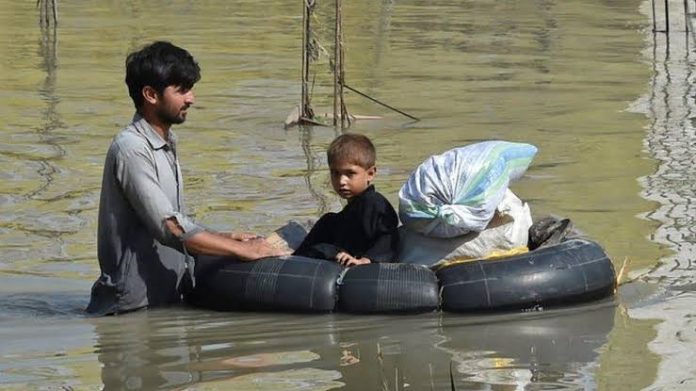Finance Minister Muhammad Aurangzeb has disclosed that Pakistan could not access nearly $11 billion in international aid pledged for flood recovery efforts in 2022. He explained that the main reason was the absence of well-structured and investable projects that could gain the confidence of international donors.
So far, only $2.8 billion of the pledged support has been disbursed. Major contributors such as the World Bank, Asian Development Bank (ADB), China, and the Asian Infrastructure Investment Bank (AIIB) have released partial funding, but most of the promised money has not reached Pakistan.
This shortfall has slowed down much-needed recovery and reconstruction in the areas hit hardest by the devastating floods.
The finance minister stressed that the inability to present credible and transparent projects was a key factor in losing out on the remaining funds.
Donor agencies and countries require detailed plans, accountability, and assurance that the money will be used effectively. Without such measures, they were reluctant to release the full amounts promised.
Aurangzeb also warned that Pakistan continues to face serious threats from climate change. He highlighted that the risk of future floods remains high due to changing weather patterns and increasing water flow from across the border in India.
These challenges, he added, not only put lives and livelihoods at risk but also threaten Pakistan’s economic stability and long-term development.
He underlined the urgent need for better project planning, climate adaptation strategies, and stronger disaster management. Only with credible proposals and effective execution, he said, can Pakistan win international trust and secure vital funds to protect its people and economy.


